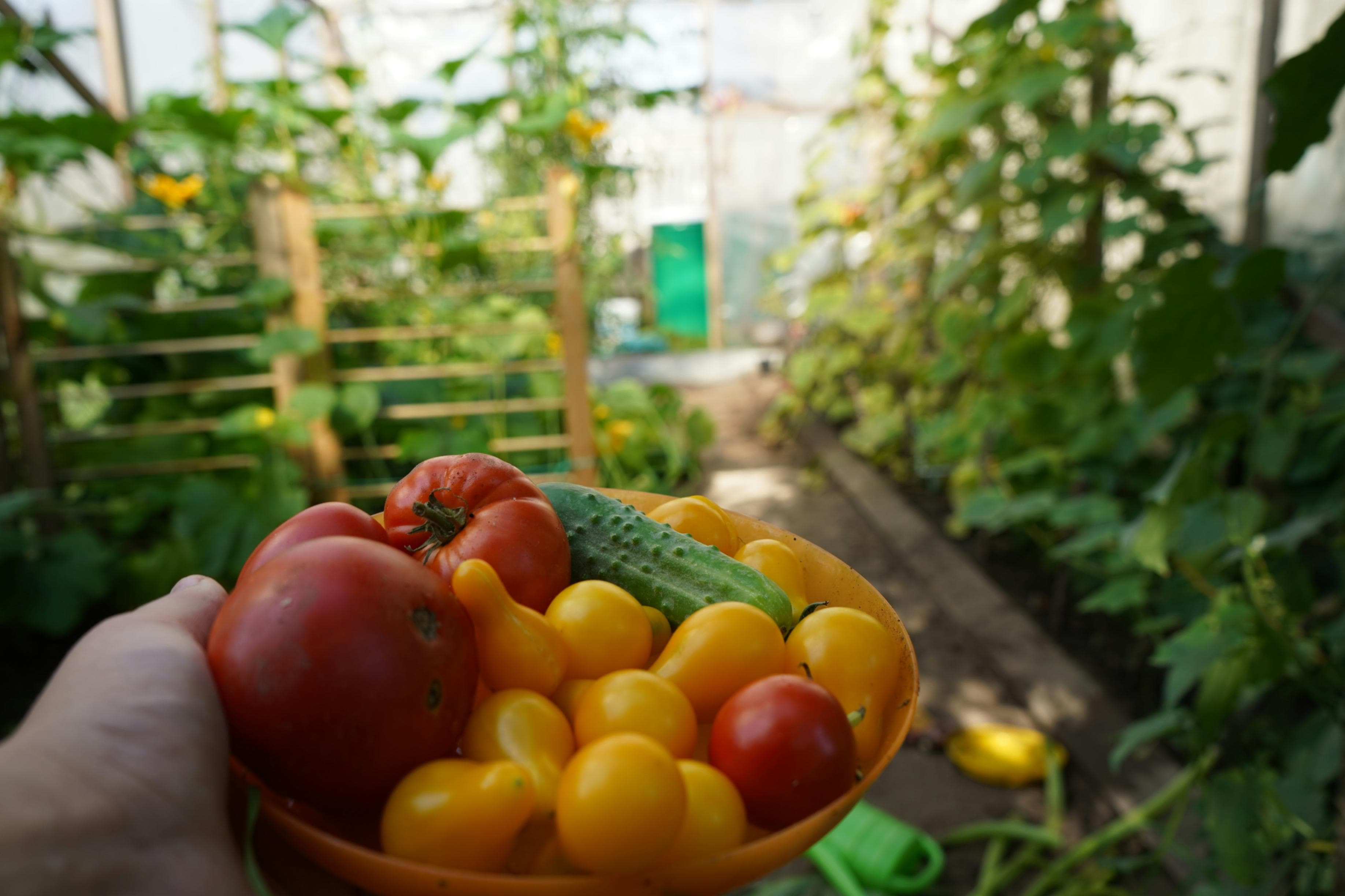
Rooted in Community: How Garden Programs Empower Neighbors and Cities
Community gardens serve as more than just a source of fresh produce. When managed with thoughtful planning and local engagement, they become catalysts for neighborhood revitalization, civic engagement, and public health improvements. These gardens offer residents access to nutritious foods in areas that may lack full-service grocery stores, often referred to as food deserts. Studies show that proximity to community gardens increases fruit and vegetable consumption among participants, contributing to better dietary habits and reduced risk of chronic diseases like hypertension and diabetes1.
Beyond health benefits, these gardens promote social cohesion. Shared gardening spaces encourage interaction among residents who might not otherwise engage with one another. This can lead to stronger neighborhood ties, reduced crime through increased community presence, and an enhanced sense of ownership and pride in local spaces. In cities like Philadelphia and Detroit, community gardens have played a role in revitalizing vacant lots, transforming them from liabilities into productive, green spaces2.
Policy Tools to Support Community Garden Development
Municipal governments can implement a range of policy tools to support the formation and sustainability of community gardens. Zoning ordinances are a foundational mechanism. Cities can amend zoning codes to explicitly permit urban agriculture and community gardens in residential and mixed-use areas. For example, Cleveland’s Urban Garden District zoning classification provides long-term protection for community gardens, ensuring that these spaces are not easily converted for other uses3.
Access to land is another significant barrier. Municipalities can establish land banks or lease city-owned vacant lots to community groups at minimal or no cost. In New York City, the GreenThumb program provides access to over 550 gardens on city-owned property, along with technical assistance and materials4. By facilitating low-cost land access, governments can help community groups overcome one of the most prohibitive startup challenges.
Integrating Education for Long-Term Impact
To maximize the value of community gardens, municipalities should pair gardening initiatives with educational programming. Teaching residents how to grow, harvest, and prepare their own food ensures that the benefits of the garden extend beyond the shared plots. Cities can partner with local extension services, schools, and nonprofits to provide workshops on composting, seed saving, soil health, and water conservation. The University of California Cooperative Extension, for instance, offers urban agriculture education that can be adapted for municipalities nationwide5.
Educational components also serve to build capacity within the community. When residents learn the skills needed to garden independently, they are more likely to establish personal or block-level gardens, amplifying the reach of a single community garden. This ripple effect contributes to long-term food resilience. Governments can support these efforts by offering mini-grants, tool lending libraries, or stipends for local garden educators, thereby fostering a culture of shared learning and empowerment.
Leveraging Cross-Sector Partnerships
Successful community gardens often emerge from p
Read-Only
$3.99/month
- ✓ Unlimited article access
- ✓ Profile setup & commenting
- ✓ Newsletter
Essential
$6.99/month
- ✓ All Read-Only features
- ✓ Connect with subscribers
- ✓ Private messaging
- ✓ Access to CityGov AI
- ✓ 5 submissions, 2 publications
Premium
$9.99/month
- ✓ All Essential features
- 3 publications
- ✓ Library function access
- ✓ Spotlight feature
- ✓ Expert verification
- ✓ Early access to new features
More from 2 Topics
Explore related articles on similar topics





